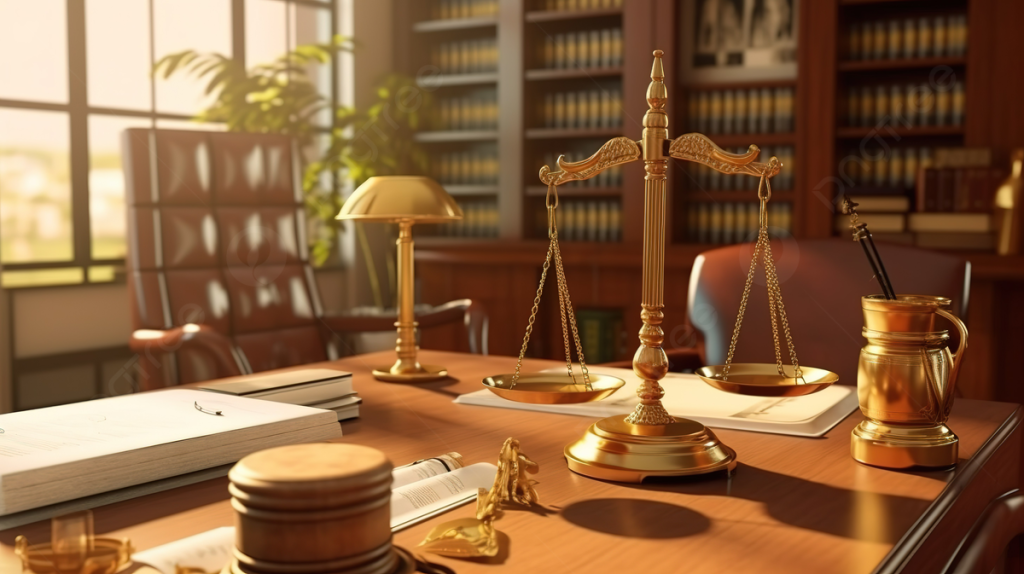
How to Choose a Criminal Lawyer: Key Tips and Guidance
In today’s complex legal landscape, the role of a criminal lawyer is crucial for individuals facing criminal charges. These legal professionals have knowledge in defending those accused of crimes, ranging from minor offenses to serious felonies. A criminal lawyer not only provides valuable guidance through the intricate legal process but also works diligently to protect the rights of their clients, ensuring that they receive a fair trial. Understanding the responsibilities of a criminal lawyer is essential for anyone navigating the challenging waters of criminal law.
As advocates for justice, criminal lawyers possess a deep understanding of criminal statutes, legal procedures, and courtroom tactics. Their work extends beyond mere representation; they also play a vital role in investigating cases, negotiating plea deals, and crafting effective legal strategies tailored to each unique circumstance. In this article, we will explore the essential functions of a criminal lawyer, the skills required for effective defense, and the impact these legal professionals have on the criminal justice system.
Essential Functions of a Criminal Lawyer
Criminal lawyers perform a multitude of essential functions that are critical to ensuring justice and protecting the rights of the accused. These attorneys engage in thorough investigations, which may include gathering evidence, interviewing witnesses, and analyzing police reports to build a strong defense. They are also skilled negotiators, often working on behalf of their clients to arrange plea bargains that may reduce charges or lessen penalties. One key aspect of their role is to provide informed legal counsel to individuals, helping them understand the nuances of their cases and the potential repercussions of various legal strategies. For those seeking professional legal representation, a Dallas Criminal Defense Attorney offers invaluable resources to navigate the complexities of the criminal justice system.
Skills Required for Effective Defense
The effectiveness of a criminal lawyer is often dictated by their skill set, which includes not only legal knowledge but also analytical thinking and excellent communication abilities. Critical thinking is essential as attorneys must assess cases from multiple angles and anticipate the prosecution’s moves. Persuasion and negotiation are equally important; a successful criminal lawyer must convincingly present their arguments to judges and juries while negotiating favorable terms with opposing counsel. Empathy and interpersonal skills also play a significant role, as these lawyers frequently interact with clients who are under immense stress and emotional turmoil. The combination of these skills enables criminal lawyers to advocate successfully for their clients and contribute positively to the justice process.

In conclusion, the role of a criminal lawyer is multifaceted, requiring a blend of legal proficiency, strategic thinking, and interpersonal skills to ensure that individuals accused of crimes receive competent representation. Their dedication to investigating cases, negotiating plea deals, and navigating the complexities of the legal system is fundamental to upholding the values of justice and due process. By leveraging their knowledge of the law and their ability to craft tailored defense strategies, criminal lawyers not only serve as advocates for their clients but also help to maintain the integrity of the criminal justice system as a whole. As the legal landscape continues to evolve, the importance of skilled criminal defense attorneys remains paramount in safeguarding the rights and freedoms of individuals facing criminal accusations.
